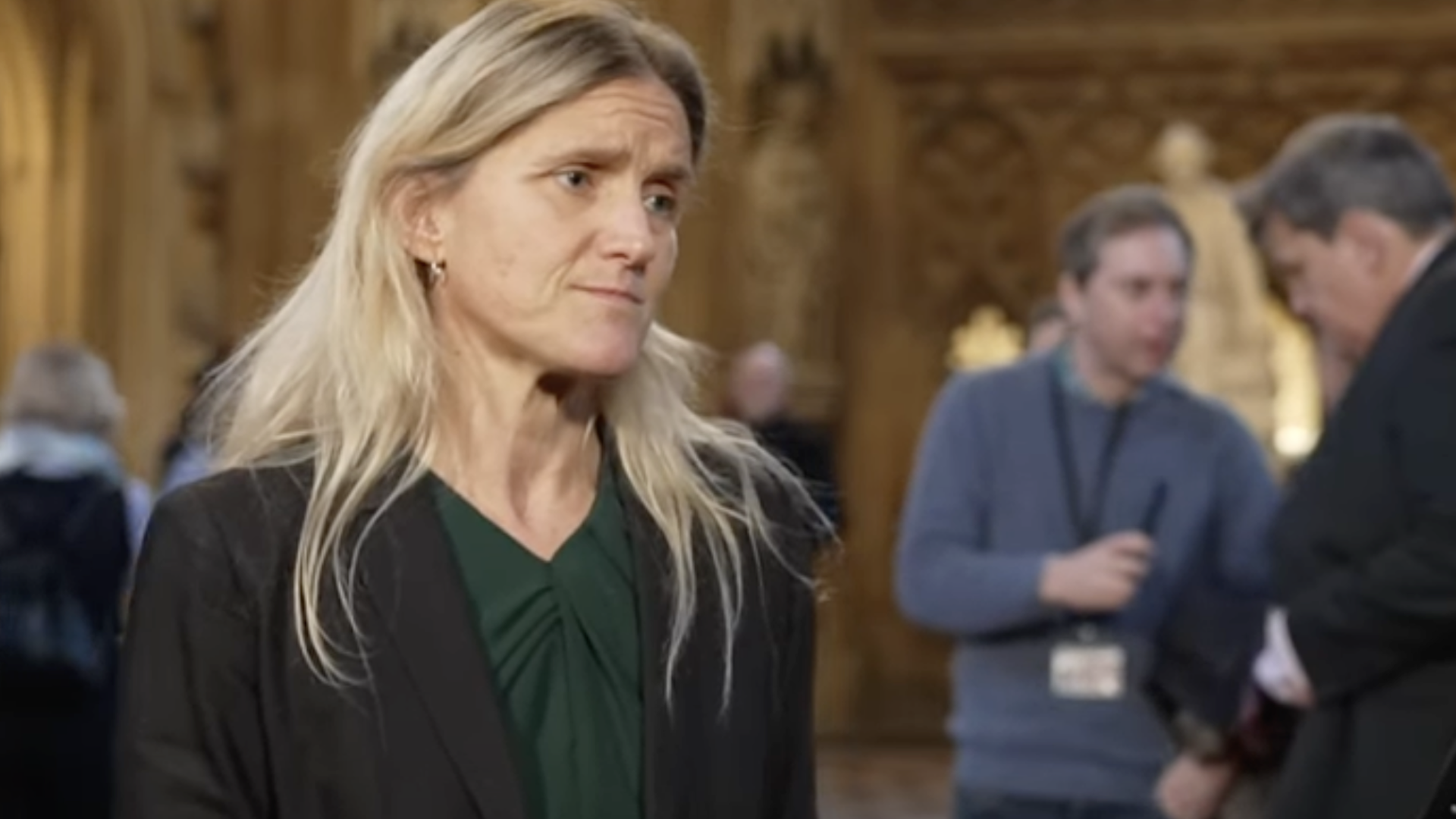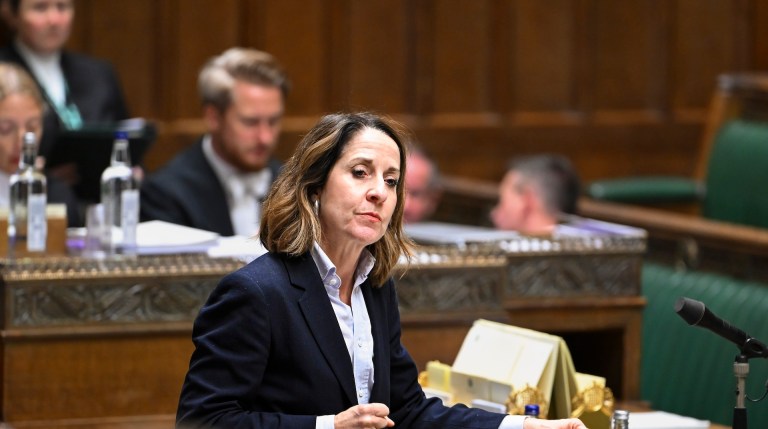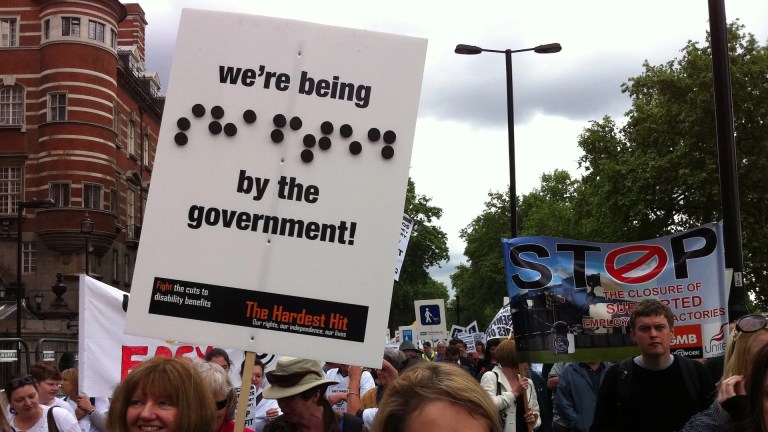A spokesperson for Disability Rights UK said: “This decision comes as a profound betrayal to disabled people across the UK, who continue to struggle to live with dignity in a society that fails to meet even our most basic needs.
“At a time when social care is chronically underfunded, accessible housing is scarce, and many disabled people are unable to afford food, energy, or other essentials, this legislation sends a chilling message: the government prioritises the right to die over the right to live.”
Campaigners argue that failures of the NHS, welfare state and social care system reduce the quality of life for disabled people. Many have told the Big Issue about their harrowing experiences with the disability benefits system, for example.
As a result, disabled people lack trust in the state to act in their best interests, and the conversation around assisted dying has prompted further fears that they may be ignored.
“We stand firmly against a law that risks pressuring disabled people into decisions driven by fear, desperation, or lack of options rather than genuine choice. This legislation could deepen inequalities and reinforce societal biases that view disabled people’s lives as less valuable,” the spokesperson for Disability Rights UK added.
“Disability Rights UK is committed to fighting for a society where every disabled person has the support they need to live fulfilling lives with dignity and respect. We call on the government to immediately invest in social care, housing, and financial support for disabled people. The focus must be on enabling life, not facilitating death.”
Advertising helps fund Big Issue’s mission to end poverty
Leadbeater stressed that there are safeguards in place in her bill which means “only adults who are dying will come within its scope”. She claimed it will not apply to elderly people, chronically ill people, disabled people and those with mental health conditions.
People will have to have the mental capacity to make the choice, free from coercion or pressure; they must be expected to die within six months; and two independent doctors and a High Court judge must be satisfied the person is eligible.
But talk of such safeguards has done little to ease the nerves of disabled people. Phil Friend, convenor of Not Dead Yet UK, said: “This is the wrong bill at the wrong time. That’s been recognised by MPs from across the political spectrum, including members of the cabinet.
“Our focus should be fixing the health and social care systems that have been neglected for so long, not creating a new mechanism that supports people to die.”
Friend had previously told the Big Issue: “If you could convince me that the safeguards were in place – that the right palliative care and social care had been done and there was no way of relieving somebody’s pain and suffering, having done all of that, then there might be a case of saying okay.
“But we haven’t even got close to providing any of that. Our national health service, as you well know, is falling to bits. Social care is pretty non existent. The benefits system is a mess. So people are making decisions based on having nothing.
Advertising helps fund Big Issue’s mission to end poverty
“They believe it’s better to die. And yet we know that if you give people the right accommodation, the right social care support, the right palliative medicine, they do not talk about ending their lives. They talk about living their lives.”
There are also concerns for other vulnerable groups. Labour MP Florence Eshalomi noted that people from Black and ethnic minority groups are more likely to fall victim to the failures of health services – saying that “we should be helping people to live, in a comfortable way on their own terms, before we make it easier to die”.
“The risk of coercion will be highest for people from disadvantaged communities,” Eshalomi added, saying: “Freedom in death is only possible if you have freedom in life.”
Others were far more welcoming of the bill, while still urging caution around safeguards.
Gideon Salutin, senior researcher at the Social Market Foundation said: “This success is only the beginning. Today’s landmark vote saw parliament agree in principle to change the law, but now comes the hard work of crafting policies and regulations that allow access to assisted dying for some while protecting our most vulnerable citizens and healthcare professionals.”
Salutin suggested further safeguards to “reassure those concerned by today’s result”, with amendments to the bill and additional regulations to be brought forward to reform the healthcare system.
Advertising helps fund Big Issue’s mission to end poverty
In particular, the Social Market Foundation is calling for a requirement for committees to oversee procedure in each NHS region and for expert consultants to be available upon request for complex cases, to ensure safety and due process.
Do you have a story to tell or opinions to share about this? Get in touch and tell us more. Big Issue exists to give homeless and marginalised people the opportunity to earn an income. To support our work buy a copy of the magazine or get the app from the App Store or Google Play.
Big Issue is demanding an end to extreme poverty. Will you ask your MP to join us?










